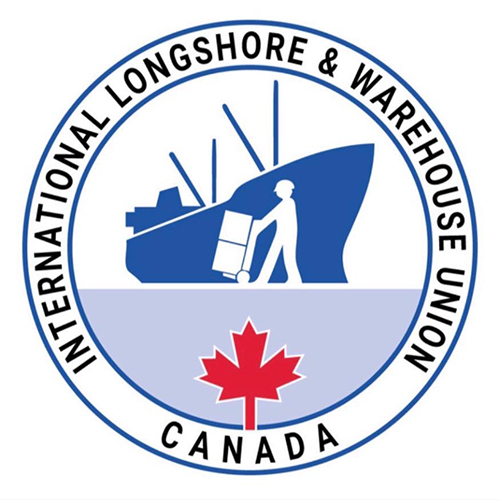
After a 13-day labor strike that suspended cargo movement in British Columbia, longshore workers returned to the waterfront following a tentative four-year agreement reached between the British Columbia Maritime Employers Association and the International Longshore and Warehouse Union Canada on July 13.
Details of the tentative contract, which still needs to be ratified by both sides, were not made public. The employers association credited the work of federal mediator Peter Simpson and his team, who were instrumental in getting the tentative deal done with help from the Federal Mediation and Conciliation Service officers and Canada’s Minister of Labor, Seamus O’Regan Jr.
Both sides had been in talks over a new labor contract since February. The ILWU was particularly focused on three main objectives centered around protections from contracting out work, automation and high inflation and cost-of-living issues.
The last contract expired March 31, but labor continued to work until negotiations broke down, compelling workers to go on strike July 1.
In a show of solidarity, U.S. West Coast ILWU leaders announced that its membership would not work any vessel diverted away from Canada.
In a joint statement after the July 13 announcement of a tentative deal, O’Regan and Canada’s Minister of Transport, Omar Alghabra, said that the scale of the disruption has been significant.
“The extent of it has shown just how important the relationship between industry and labor is to our national interest,” according to the joint statement. “Our supply chains and our economy depend on it.”
“We do not want to be back here again,” the statement continued. “Deals like this, made between parties at the collective bargaining table, are the best way to prevent that. They are the best way to preserve the long-term stability of Canada’s economy.”

